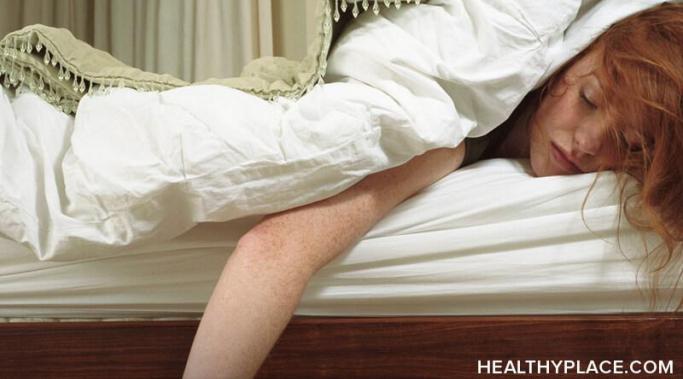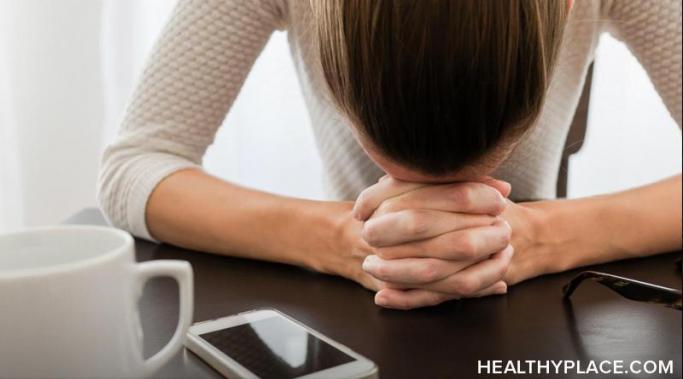When I reflect on my recovery from mental illness, it comes down to three key factors. This blog will go over these three things. I know how difficult the struggle is with mental illness, so I hope they’re helpful to others.
Recovering from Mental Illness
No matter how much someone covets mental illness recovery, some part of it feels scary. My struggles with mental health started when I was very young, and there were years and years when I was desperate for recovery—but I was also terrified of it. From what I’ve seen, my experience and feelings are not uncommon, so I want to take a closer look at that.
Up to this point in my life, addressing my mental health struggles and seeking recovery has been personal work, and I've never been to therapy to help with mental health conditions. I’ve learned about my illnesses and done self-reflection and soul-searching. It’s been by myself, except for a stint of attending peer support groups and being a part of online peer support groups. During all this time, I’ve wondered, would I benefit from therapy for my mental health?
I’ve lived with not wanting to live since before I was a teenager, but my suicidal thoughts have been quiet lately. It’s odd not to have that little voice in the back of my head jumping at every opportunity to tell me how the world would be better off without me. But what does it mean, if anything? Does it mean I’m recovered, and my suicidal thoughts aren’t going to come back? (Note: This post contains a trigger warning.)
"Everything happens for a reason" is a popular trope in the world of mental health recovery, but personally, I believe it's a lie, and here's why.
Recently, my therapist pointed out that even though I'm pretty good about basic self-care, like getting enough sleep and drinking water, I've been neglecting my emotional self-care. As soon as she said something, I knew she was right. I'd been avoiding my emotions by refusing to engage in anything that might make me emotional, like journaling, sad movies, or even listening to music. So I decided it was time to revamp my emotional self-care with these three basic changes.
No matter how much coffee I drink, I am exhausted all the time, and it's because of my mental illness. Recovery is hard, but sometimes it's not even about recovery, it's just about getting through the day, and that's where I'm at right now. I have to fight to do anything; even getting dressed in the morning is a battle. As I sit typing this, my hands feel heavy, and with every breath, I want to quit and go back to bed.
I know it might sound odd, but sometimes I miss being sick. I've gotten so much better over the past few months, and there is a small part of me that misses being sick, and I'm willing to bet I'm not the only one who's ever felt this way. So, let's talk about it.
I learned the hard way that mental health recovery burnout is a real thing. It turns out, recovery isn't something you can work tirelessly toward and eventually achieve, like an award. Instead, it's more like something you slowly chip away at until one day you realize the work is a lot easier than it used to be. But recovery is never really over or complete, at least not in my case, which means working frantically to recover will only lead to one thing: burnout.
Self-help books have been immensely helpful in my journey to recover from mental illness and generally improve my self-worth, but despite their usefulness, I'm often ashamed to admit how many self-help books I read. In my family, I'm known as the "self-help junkie" and teased as if that is a bad thing.









